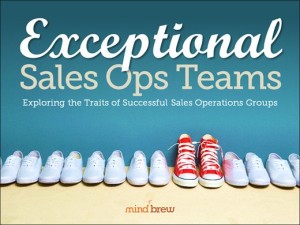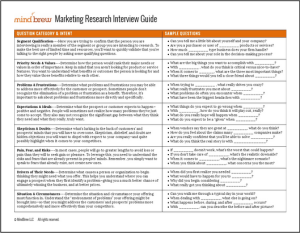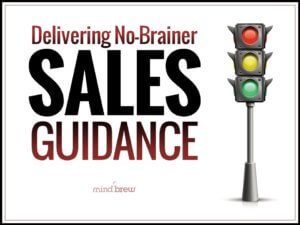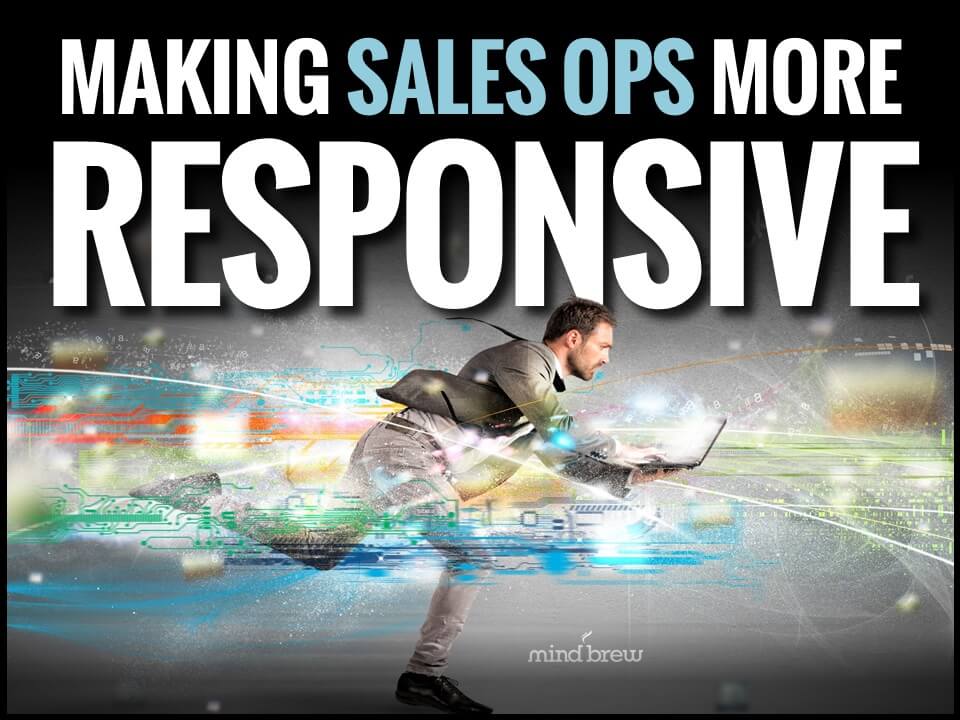A few years back, I was consulting for a large technology manufacturer. We were working with the Sales Ops team to implement a suite of tools and metrics to help them track and manage the sales pipeline. This was a high-tech company selling cutting-edge products. You’d expect them to already have a CRM and processes in place…but they didn’t.
It certainly wasn’t because the Sales Ops team didn’t see the value–they were a smart, innovative bunch. And it wasn’t because the company didn’t have the budget or resources. It was simply because Sales Ops didn’t have the time. Like clockwork, they’d start off the year with great intentions…but by the end of Q1, those plans were derailed.
After working closely with them for a few weeks, it became very apparent why this otherwise excellent Sales Ops team couldn’t stay on track. The problem was their own sales team.
The sales team at that company ruled the roost. If they said “Jump!”, every department was there to help… A few quick examples:
- They’d be asked at the last minute to work weekends on a customer presentation together because “this customer is special and needs something unique”.
- Sales directors would create “Tiger Teams”, huddling multiple departments in a conference room for days to find ways to save a deal in the end-zone.
- Sales Ops even got stuck planning events for a regional sales rep who wanted to have group breakfasts with his prospects so he didn’t have to travel as much!
To an outsider, it was clear that the sales team had become experts at enlisting others to help them earn their fat commission checks. But to nearly everyone else, it was just the way things were. And no one dared pushback to the almighty sales team.
I’d like to say that the solution was simple—that one meeting got the issues on the table with a quick resolution. It wasn’t quite that easy, but there was a key “Aha!” moment. The Sales Ops team realized they had been viewing themselves as a set of hands to do what sales needed ay any given time. All of the other goals and objectives on their plate were secondary—hobbies that got done in brief lulls between constant requests from sales.
When they stopped looking at themselves as a support team for sales and began standing up for their own strategic priorities, things started changing. And even with their relatively rudimentary tools, they had the data on their side. Turns out that beating the drum on strategic issues like account penetration, retention and pricing can trump a sales reps last-minute scramble just about every time.
Exceptional Sales Ops Teams












